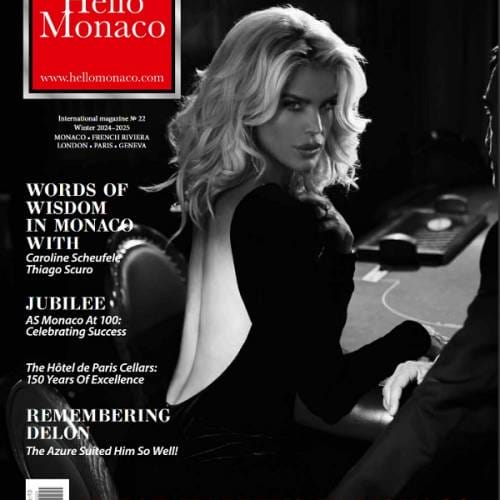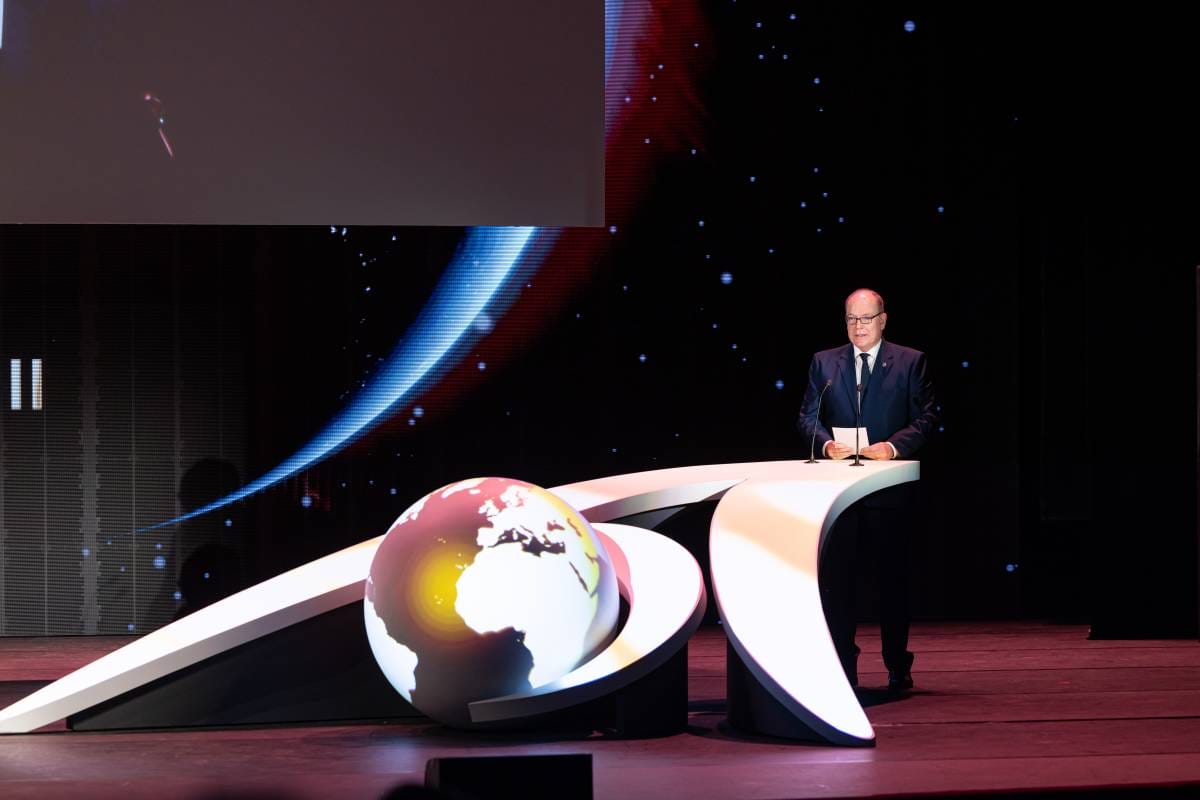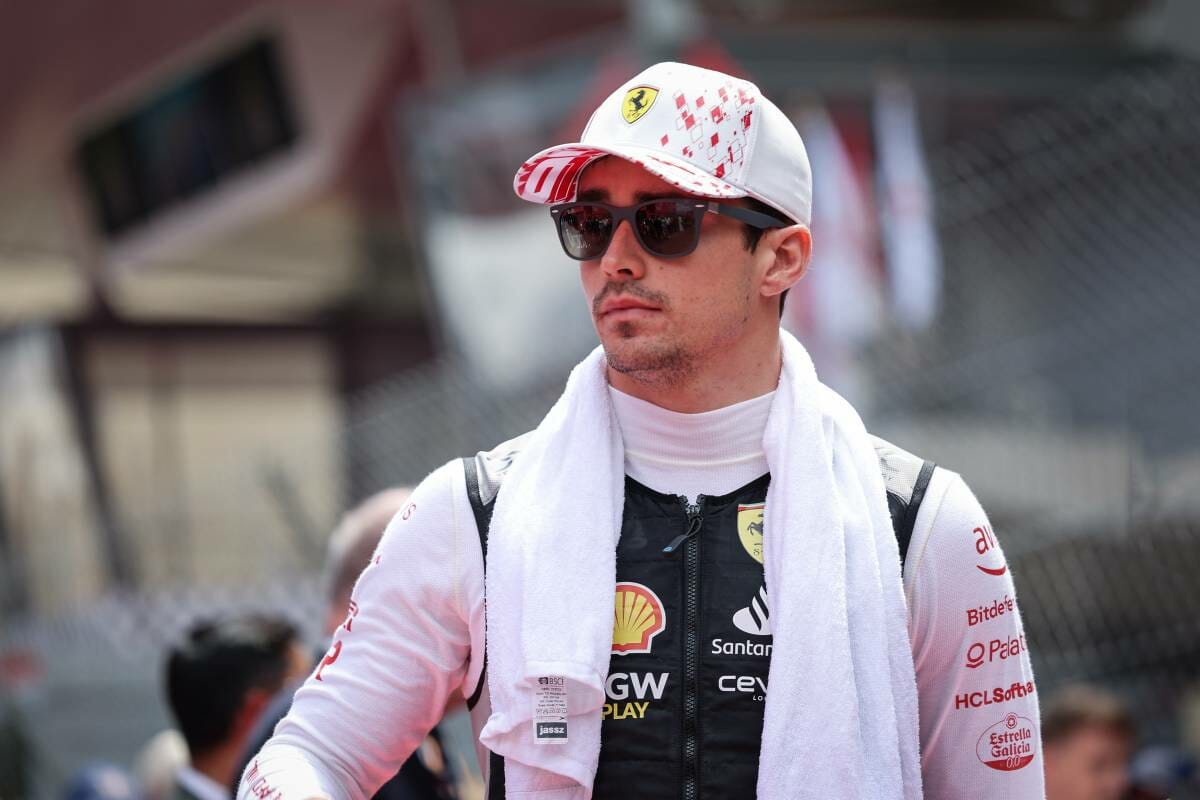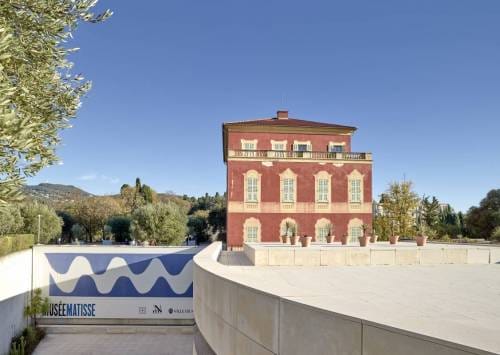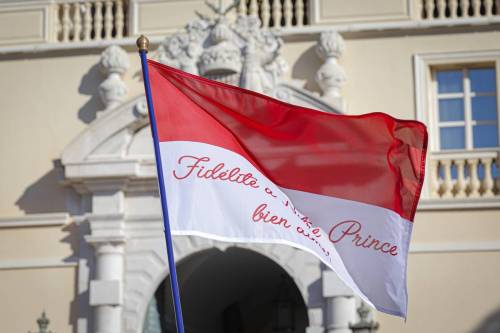The Salle Garnier in Monte Carlo became a hub for environmental leaders and advocates as His Serene Highness Prince Albert II of Monaco presided over the 17th annual Planetary Health Awards on November 7, 2024. In this prestigious event, the Prince Albert II of Monaco Foundation honoured three exemplary individuals and organizations whose work is shaping a healthier, more sustainable planet.
Prince Albert II, who founded the awards in 2008, opened the ceremony with a call to action, reminding the audience of the urgent need for solidarity in addressing global environmental challenges. He emphasized the foundation’s ethos of collective responsibility and the necessity for adaptability and innovation to overcome the ever-evolving threats to the planet. “We must continue to innovate,” he stated, “identifying both dangers and opportunities along the way.” This imperative, he added, reflects the guiding principles of his foundation, which has integrated impact investing into its philanthropic mission to support lasting environmental solutions.
This year’s honorees reflected a spectrum of contributions, from indigenous environmental advocacy to groundbreaking research in air quality and biodiversity monitoring.
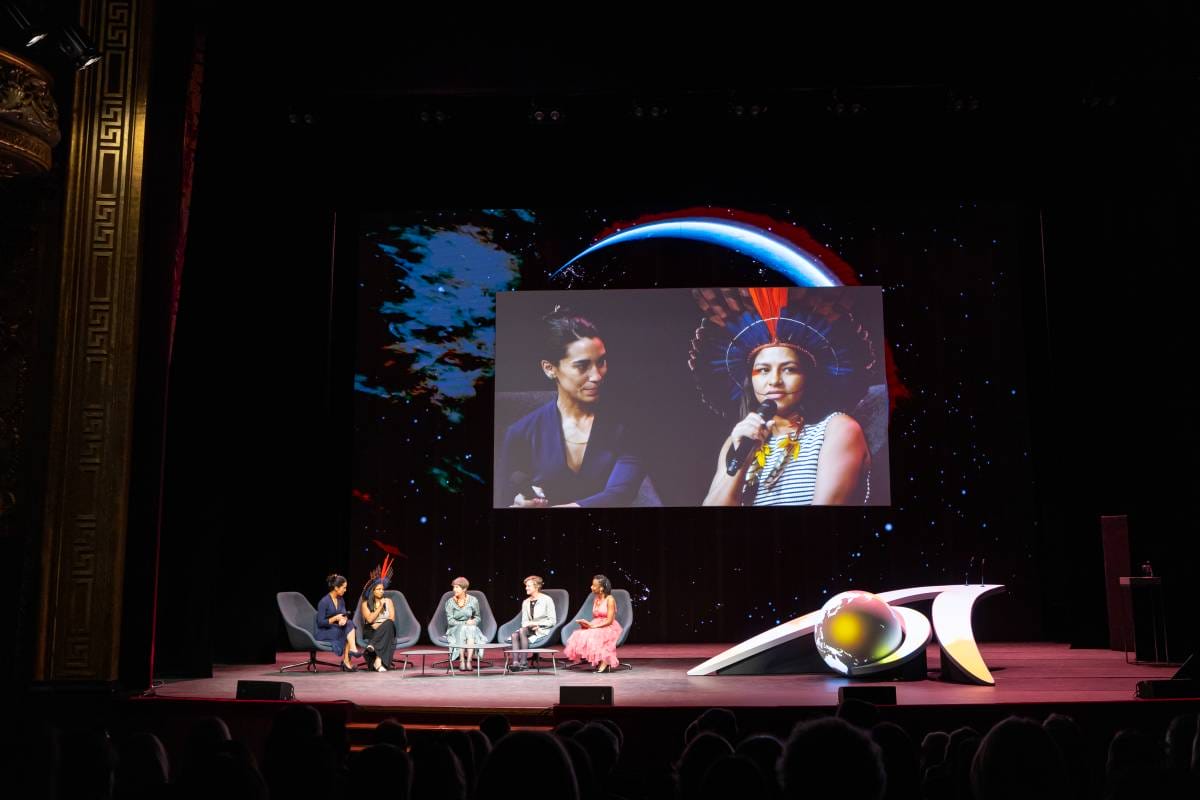
Award Winner: Instituto Juma
Instituto Juma, established in 2020 by Juma Xipaia, a dedicated indigenous leader in Brazil, was one of the evening’s honorees. The institute is devoted to protecting indigenous rights, environmental conservation, and empowering local communities in the Middle Xingu region of the Amazon. It was founded in response to the complex challenges indigenous people face, including those arising from the Belo Monte dam project, which has had profound social and environmental impacts. The organization actively promotes sustainable development, gender equality, and anti-corruption efforts, striving to safeguard indigenous cultural and territorial integrity.
Accepting the award, Juma Xipaia shared a powerful reminder: “It takes courage to change the world for the future generations who deserve to inherit the legacies left by their ancestors. We don’t lack knowledge or agreements—we lack action.” Her speech resonated with a sense of unity, reminding all present that “we are on the same planet, in the same boat.”
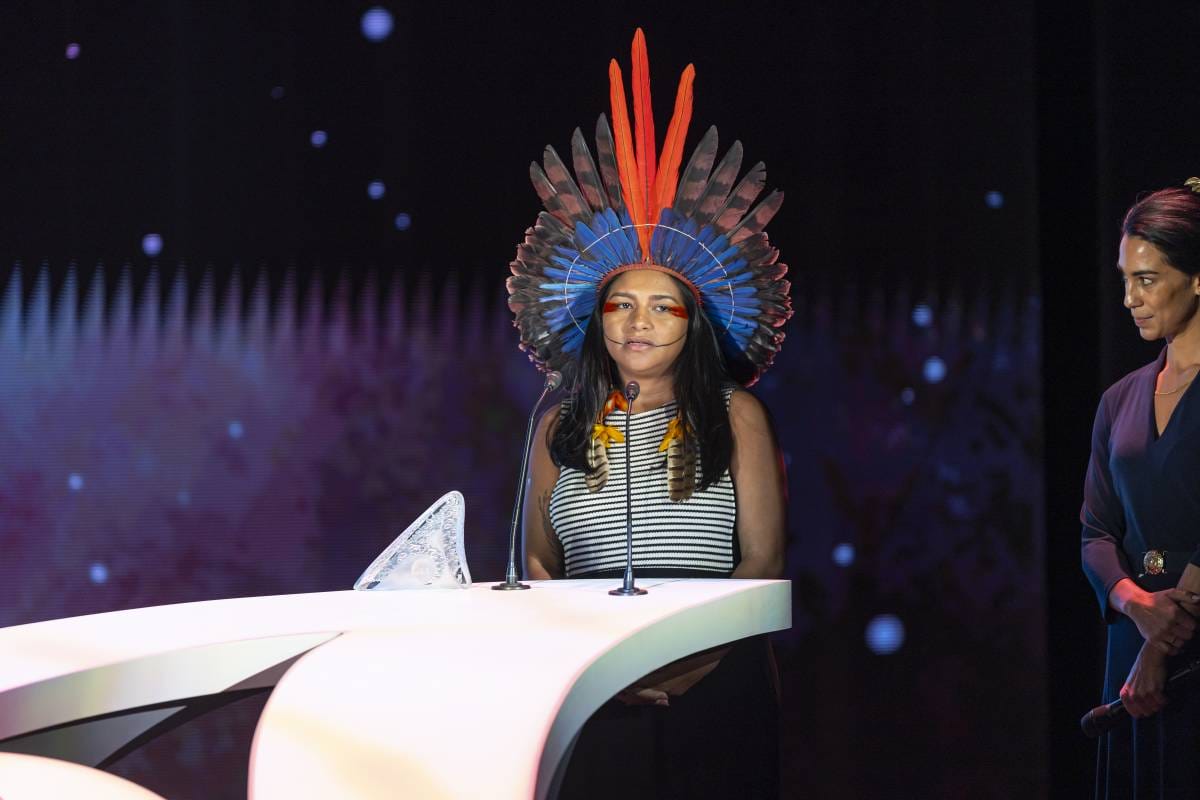
Award Winner: Prof. Lidia Morawska
Professor Lidia Morawska, a physicist and authority on air quality, received recognition for her groundbreaking research on particulate pollution and airborne disease transmission. A Distinguished Professor at Queensland University of Technology in Australia, she has worked with the World Health Organization to shape global air quality and health policies. Through her International Laboratory for Air Quality and Health, Prof. Morawska has saved lives by influencing policies on airborne disease spread, including pivotal insights during the COVID-19 pandemic.
Reflecting on her lifelong work, Prof. Morawska stated, “I dream that my work contributes to a habitable planet, where our air—both indoors and outdoors—is free from pollutants that undermine our health and ecosystems.”
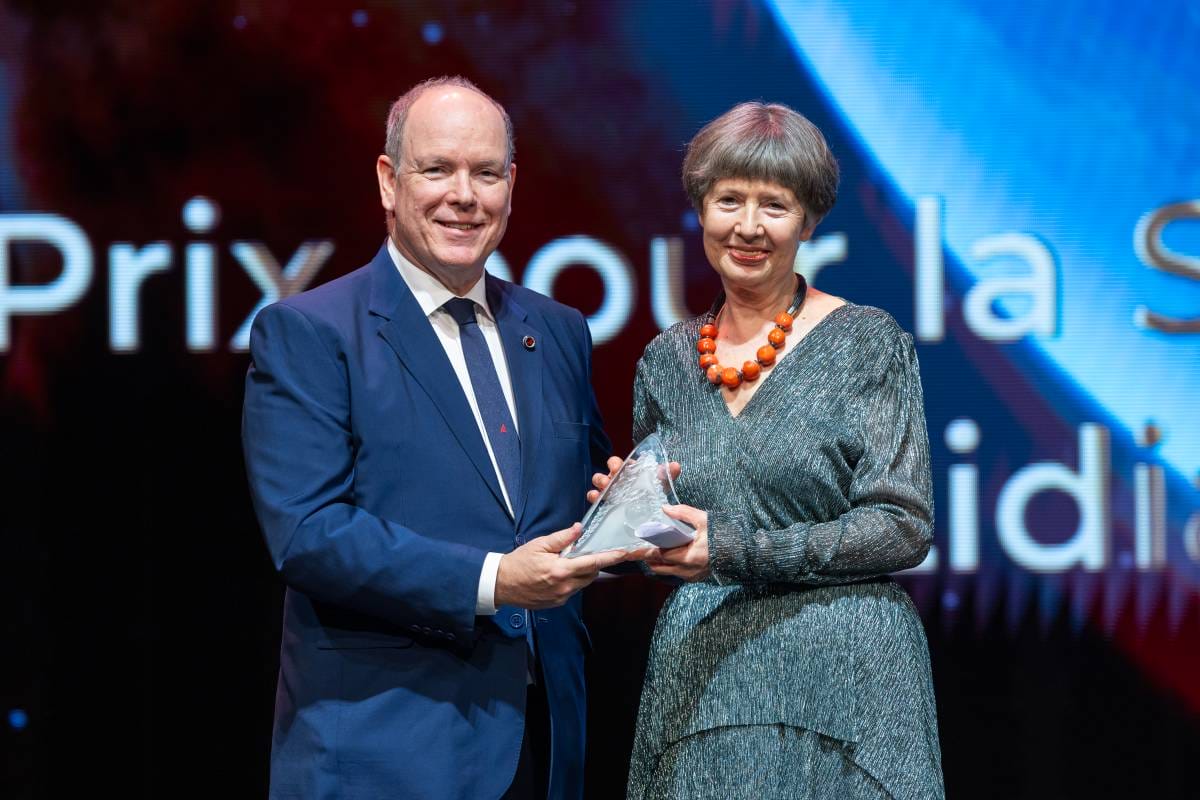
Award Winner: NatureMetrics
The final honoree, NatureMetrics, has become a leader in biodiversity monitoring, enabling governments, NGOs, and businesses to assess ecological impact with precision. Founded in 2014 by Dr. Kat Bruce, NatureMetrics applies cutting-edge tools like environmental DNA and artificial intelligence to collect biodiversity data at scale. This data is then utilized to assess the ecological footprint of various sectors, providing insights that align with new commitments to nature reporting and environmental stewardship.
Representing NatureMetrics, Pippa Howard, Head of Nature Strategy, emphasized the urgency of reversing biodiversity loss: “Our planet’s biodiversity is in crisis, affecting our health, economies, and resilience to climate change. We need clear communication on the state of nature to catalyze action and empower organizations to make informed decisions.”
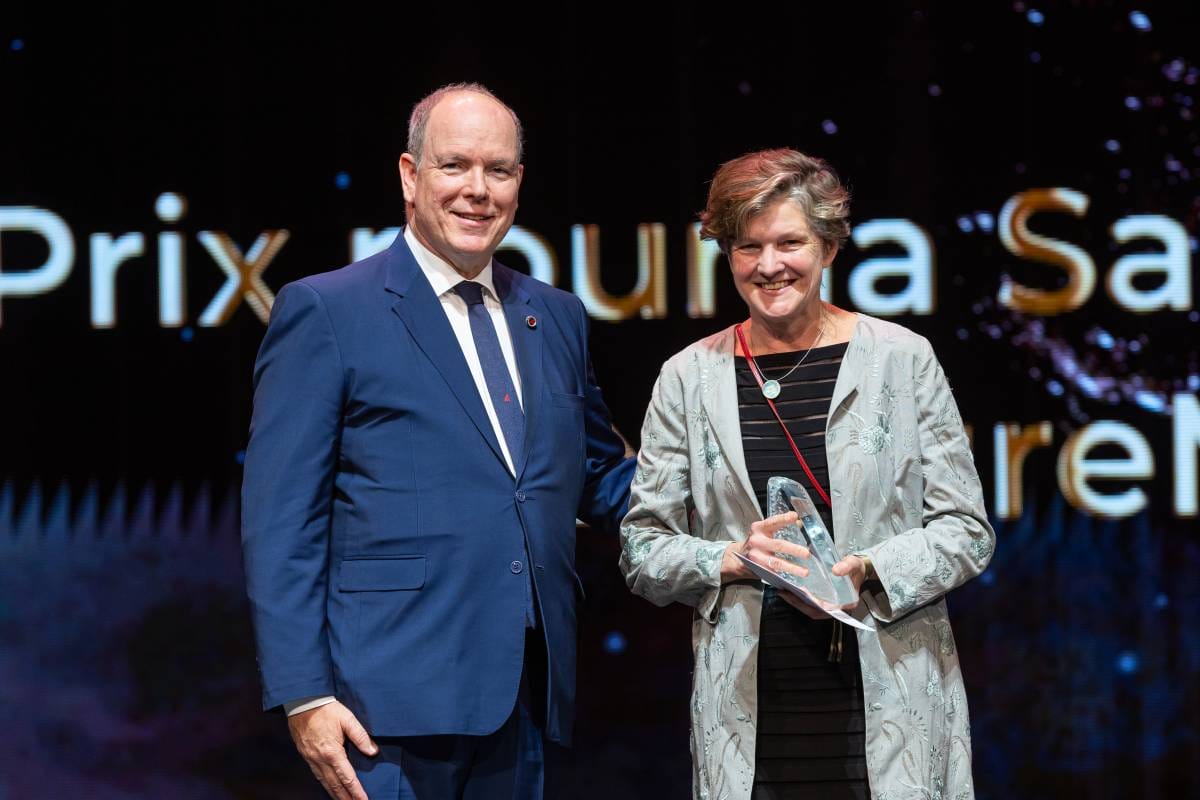
Supporting the Next Generation
The ceremony highlighted the foundation’s commitment to nurturing future environmental leaders. Prince Albert presented diplomas to scholars from the IPCC scholarship program, an initiative supporting postdoctoral studies in climate and soil health for young researchers from developing countries. Alongside this, the Re.Generation program supports young leaders under 35, offering mentorship, training, and networking opportunities to amplify their environmental voices.
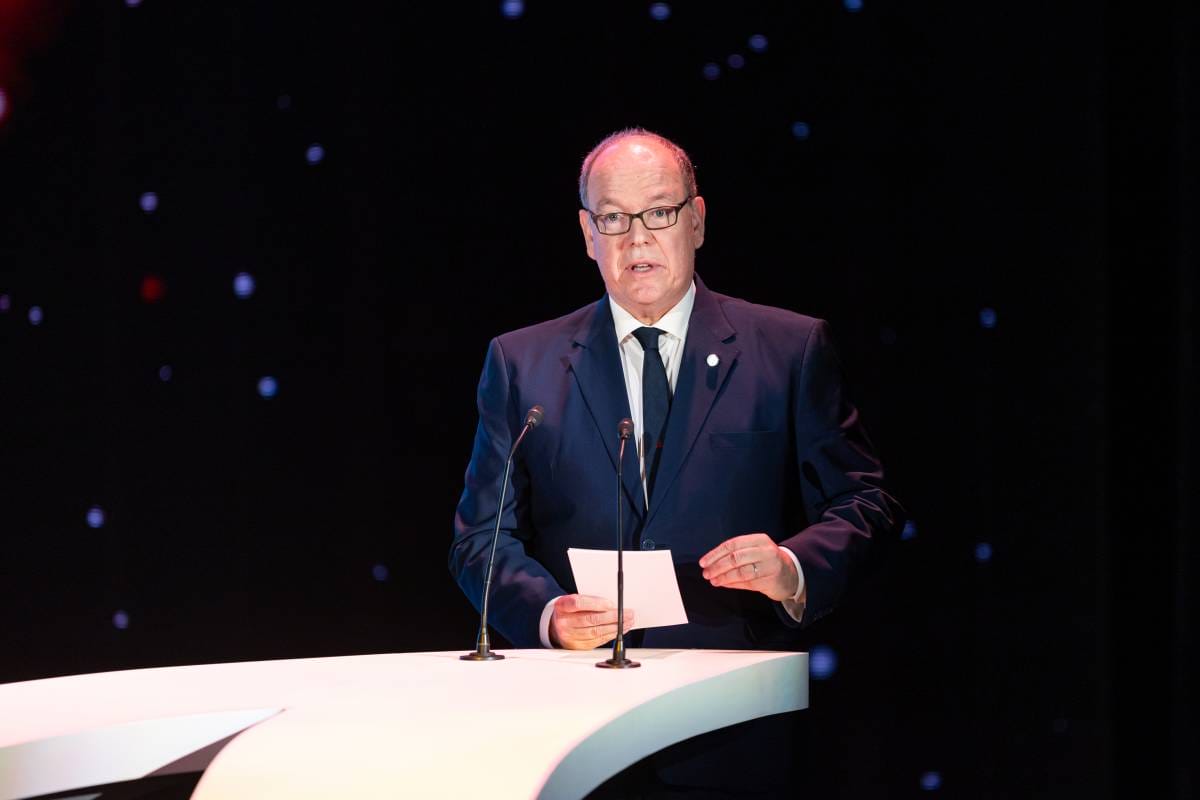
A Conversation on Collaboration and Knowledge Sharing
The event culminated in a round-table discussion, where the awardees explored ways to communicate scientific data and inspire global action. “Collaboration” emerged as the focal point, with panelists underscoring the importance of integrating scientific research, indigenous knowledge, and a renewed personal connection to nature in addressing complex ecological issues.
As the day’s events concluded, Prince Albert II’s closing remarks echoed through the Monte Carlo Opera House: “We all share the collective responsibility to protect our planet and leave behind a legacy of resilience and justice for future generations.”


